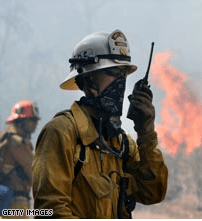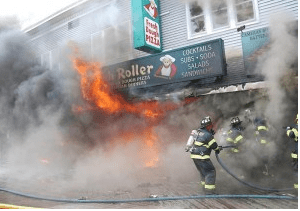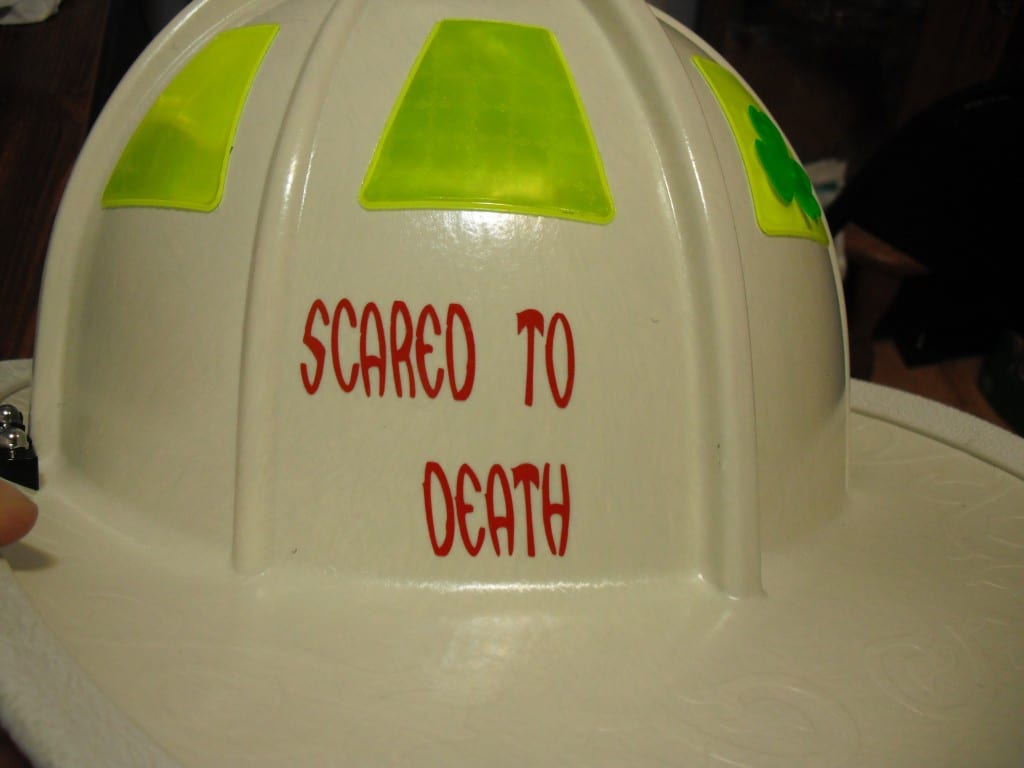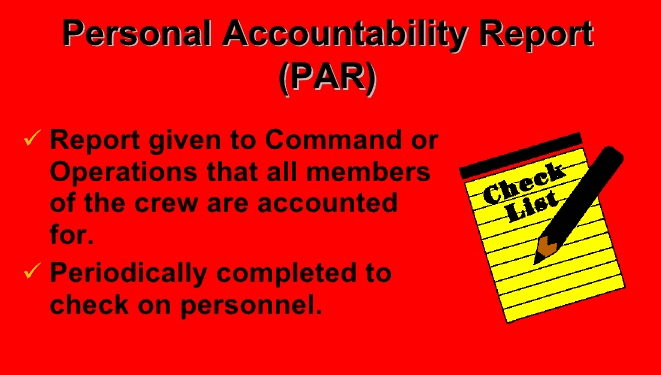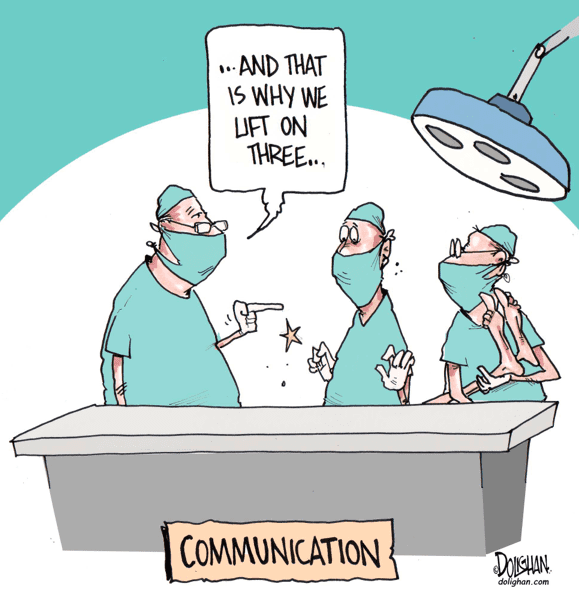Radio Discipline
A frequent contributing factor in firefighter casualty incidents is too much radio traffic. This can have a significant impact on first responder situational awareness because it becomes near impossible to take in, process, comprehend and remember the volumes of information being transmitted over the radio when communication is not disciplined. This article explores some of […]

